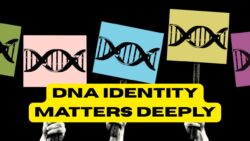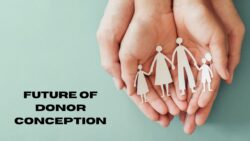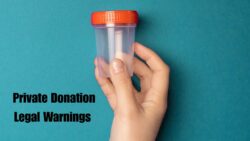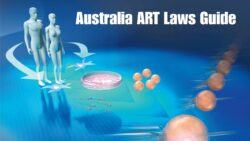Best Parenting Practices 2025 – Talking to your child about donor conception is an important and sensitive conversation for many Australian families. As more parents turn to assisted reproduction, understanding how to explain donor conception with honesty, love, and confidence has become essential. This guide explores the best parenting practices for 2025, helping parents approach this topic naturally and positively. With open communication and age-appropriate discussions, Australian parents can ensure their children feel secure, informed, and proud of their unique beginnings while maintaining transparency and emotional trust within the family.
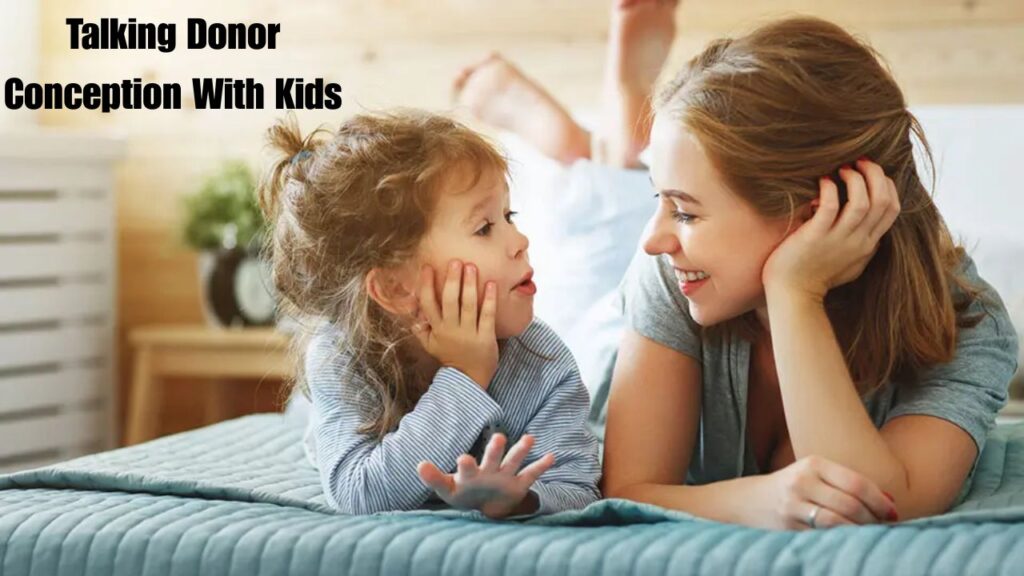
How Australian Parents Can Start the Donor Conception Conversation
For Australian parents, starting the donor conception conversation early helps normalize the story and build a foundation of honesty. Experts recommend beginning discussions in early childhood with simple language and age-appropriate details. Instead of one big “talk,” make it an ongoing dialogue that evolves as your child grows. Use storybooks about donor conception, family photos, or shared activities to create openness and connection. In Australia, support networks and organizations like Donor Conceived Australia provide guidance and real-life experiences that empower families to communicate openly about donor origins in healthy, child-focused ways.
Best Donor Conception Communication Tips for Australian Families
When discussing donor conception with your child, Australian families should prioritize emotional readiness, consistency, and respect. Always use inclusive and positive language such as “the person who helped us” rather than “the donor.” Avoid secrecy—transparency builds trust. Let your child lead with questions, and respond honestly at their understanding level. Many Australian psychologists advise framing donor conception as part of the child’s life story, not as a secret to be revealed later. By showing confidence and love, parents create an environment where children feel safe discussing their biological origins anytime.
| Stage | Recommended Approach |
|---|---|
| Age 3–5 | Introduce simple family storybooks about donor conception |
| Age 6–8 | Answer basic questions about how families are created |
| Age 9–12 | Discuss the donor’s role using clear, factual language |
| Teenage Years | Encourage identity exploration and emotional expression |
| Adulthood | Support access to donor information if desired |
Understanding Emotional Impacts for Donor-Conceived Children in Australia
In Australia, research shows that donor-conceived children who grow up with open communication about their conception often develop stronger family bonds and self-esteem. Emotional transparency helps prevent feelings of confusion or betrayal later in life. Parents should validate their child’s emotions, whether curiosity, pride, or uncertainty. Access to counseling services and peer groups within Australian communities can also be beneficial. Creating a home environment that celebrates diversity in family creation reinforces that love and care—not biology alone—define what it means to be a family.
Support Resources for Donor-Conceived Families Across Australia
Across Australia, several support organizations, counselors, and online forums provide valuable help for donor-conceived families. Donor Conceived Australia (DCA) offers advocacy, education, and emotional support for parents and children navigating donor conception topics. Other resources, such as fertility clinics and state family services, guide parents on how to maintain records and share information appropriately. By utilizing these networks, families can confidently handle emotional and legal aspects of donor conception while keeping their child’s well-being at the heart of every decision.
Frequently Asked Questions (FAQs)
1. When should I tell my child they are donor conceived?
Experts recommend starting early with age-appropriate language and continuing the discussion as your child grows.
2. How can I make the conversation feel natural?
Use storybooks, everyday discussions, and loving reassurance to normalize donor conception within family life.
3. Is professional counseling helpful for donor-conceived families?
Yes, counseling can provide emotional guidance and help families navigate complex feelings around donor identity.
4. What if my child wants to meet their donor in Australia?
In Australia, laws allow donor-conceived adults to access identifying information, usually at the age of 18.

